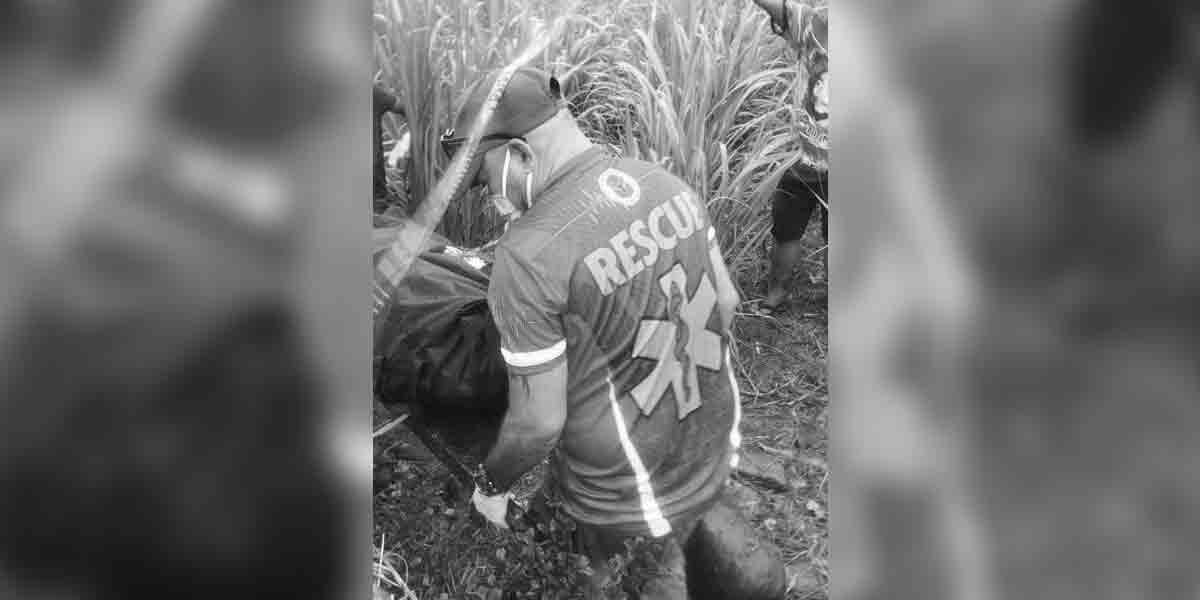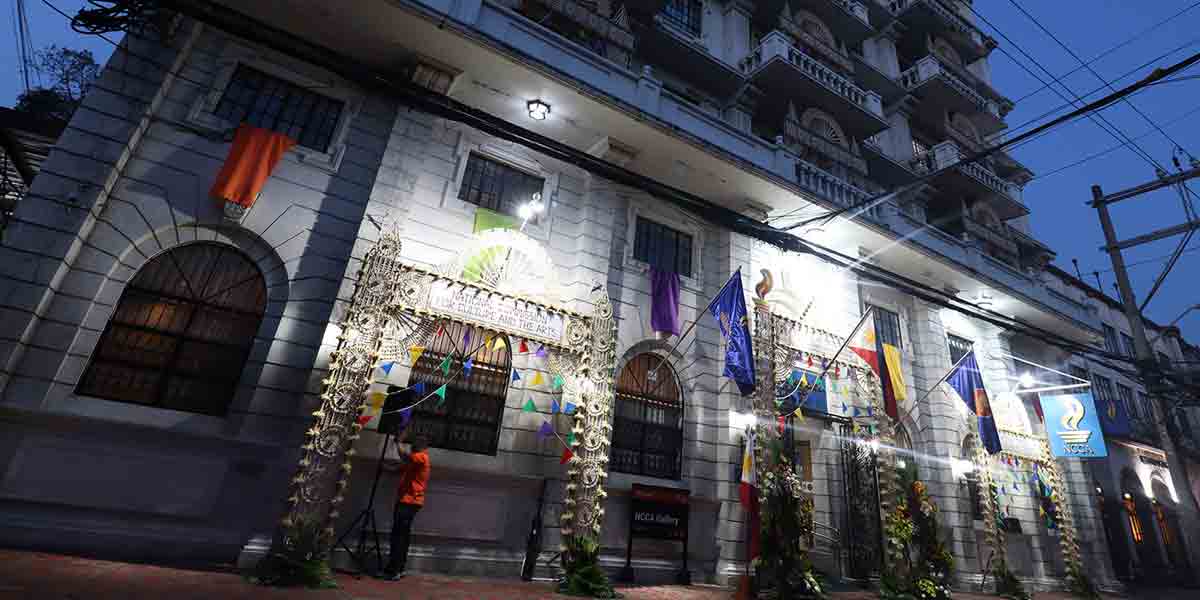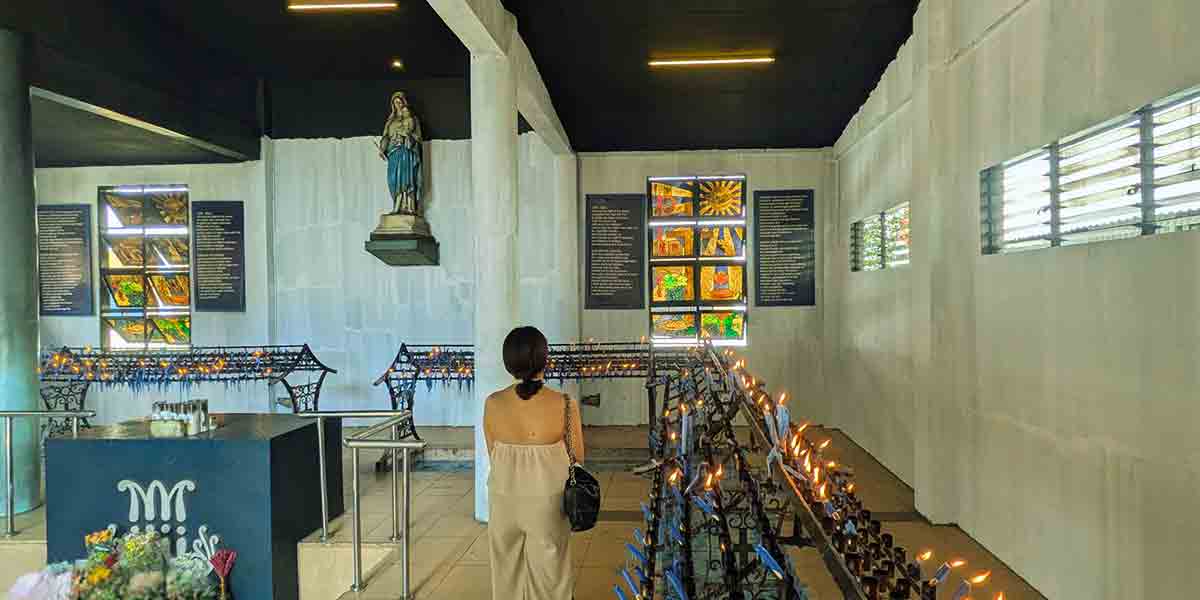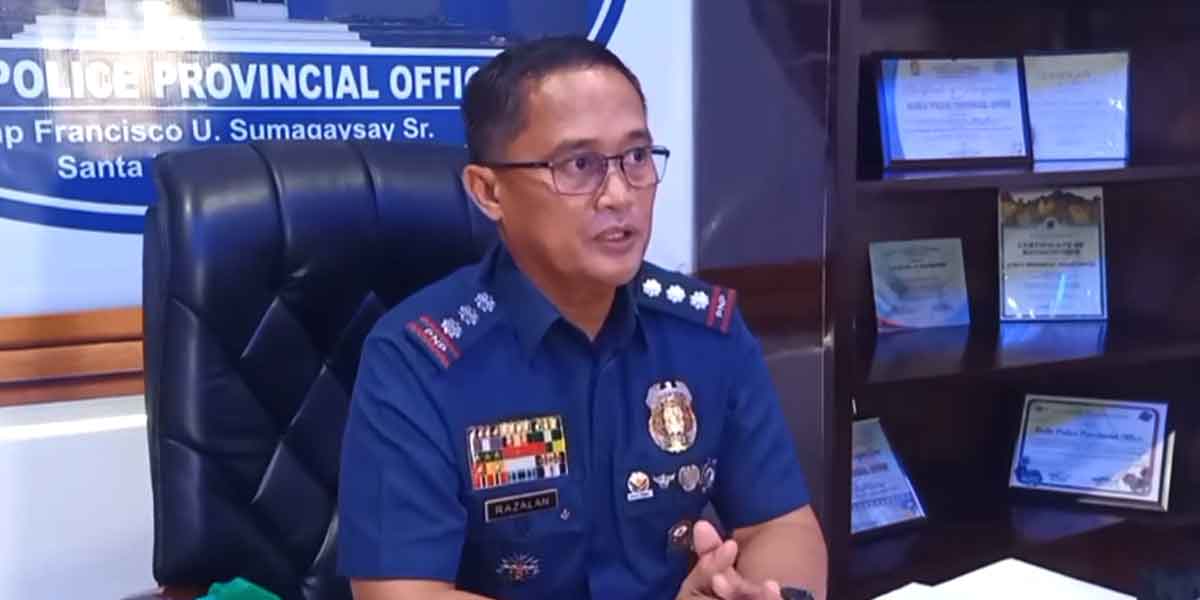By Herman M. Lagon
Sitting with a tub of popcorn in front of my iPad, ready to watch another movie, I had no idea Balota would shake me so much. The satirical yet intense drama directed by Kip Oebanda felt like a mirror reflecting the grim realities of our election system and the ongoing abuse, violence, and unchecked power in our country. The film depicts local elections in a fictional town and addresses ballot snatching, vote-buying, and corruption. Not the election violence but the commentary on extrajudicial killings, warrantless arrests of abusive policemen, and gutter politics that seem to rule our system struck me hardest. As in Liway, Oebanda takes us through the country’s political dark corners, but the pain is more personal this time.
The Balota election system reflects our larger issues, especially after the 2022 elections. The film is a gut punch, addressing issues we all know but rarely discuss: poll official murder, vote manipulation, and dark political law enforcement alliances. While watching the film, I thought of the many teachers—like Teacher Emmy, the film’s main character—who are intimidated, threatened, and even assaulted while watching polls. These are the true heroes, risking their lives for democracy.
The movie’s Emmy, played by Marian Rivera, running through the forest with the last ballot box reminded me of our election season struggles. Elections are about survival in ruthless politics, not just voting. Emmy, a teacher, mother, and community leader, must navigate election violence, where law enforcement often sides with the powerful. Her situation mirrors many of us, especially in rural areas, where elections are decided by those who can buy votes, intimidate the masses, or silence dissent.
Law enforcement’s role in electoral violence is chilling in the film. We’ve seen police and military officers commit election-related violence without consequence, which is sad. The film shows that Teacher Emmy’s last resort is law enforcement when she’s in danger. She tells her son, “Don’t ask the police for help,” revealing an abusive power structure. I found this disturbing because it showed how our institutions sometimes perpetuate injustice instead of protecting it.
Balota isn’t all bad. Known for his sharp satire, Oebanda weaves humor into the story. This humor emphasizes the absurdity of the situation, not lightening the mood. The filmmaker shows how systemic corruption and abuse are by juxtaposing slapstick comedy with election violence. Sometimes, laughing at a painful truth is the best way to cope, but Balota reminds us of its cost. Too close to home.
Another eerily relatable aspect of the film was its look at political dynasties and candidates. We all know the actors-turned-politicians or families that seem to control politics. The Balota candidates—a washed-up actor and a land-grabbing tycoon—satirize this reality. Popularity or wealth determines their positions, not ability. In past elections, many of us have felt this painful reality. How often have we had to choose the lesser evil when none of the candidates could bring about the change we need?
Teacher Emmy and her community realize that candidates and political elites don’t promise hope in the film’s most moving scene. It’s with the people—the suffering, silenced, and fed up. The movie explores the power of the masses, a compelling truth. Only patriots can pick up the pieces in a broken system like ours. Even though it criticizes the system, the film leaves us with grassroots optimism. Despite violence, corruption, and despair, we can change things together. Balota is realistic but calls for action.
Balota’s portrayal of activism—not just from politicians but from ordinary people who’ve had enough—particularly striking. The film features LGBTQ+ activists and other diverse characters who fight. The film’s witty characters are also powerful change agents. They reject the idea that only the elite or powerful are activists. They show us that marginalized voices often have the answers. I also felt personally connected to how marginalized voices can drive political change.
Balota is serious despite its humor. For many Filipinos, violence, systemic corruption, and impunity are real. The film shows how society contributes to its suffering, from extrajudicial killings to power abuse. Teacher Emmy’s ballot box run shows how far people will go to preserve democracy in a system that seems to betray them. Many of us, whether we are teachers, voters, or citizens trying to understand a broken system, have struggled like her.
I feel urgency thinking about the film. We must stop passively participating in an election process that fails the people. We must address extrajudicial killings, election-related violence, and widespread corruption, not just politicians. In addition to voting, we must ensure that our chosen system serves the people. Balota awakens us to the brutality and gutter politics that plague our nation.
Balota concludes with a crucial question: How do we change a corrupt and violent system? The answer is simple but difficult: we change it together. It’s not about waiting for the perfect candidate or election. It’s about speaking out and demanding accountability, no matter how difficult or dangerous. As the film suggests, hope lies with those who fight for what’s right, not the powerful or elite. Balota is a testament to Filipino strength and resilience and a call to action to ensure that our democracy is for the people, by the people.
***
Doc H calls himself a ”student of and for life” and, like many others, wants a life-giving, why-driven world dedicated to social justice and happiness. His views may not reflect those of his employers or associates.























